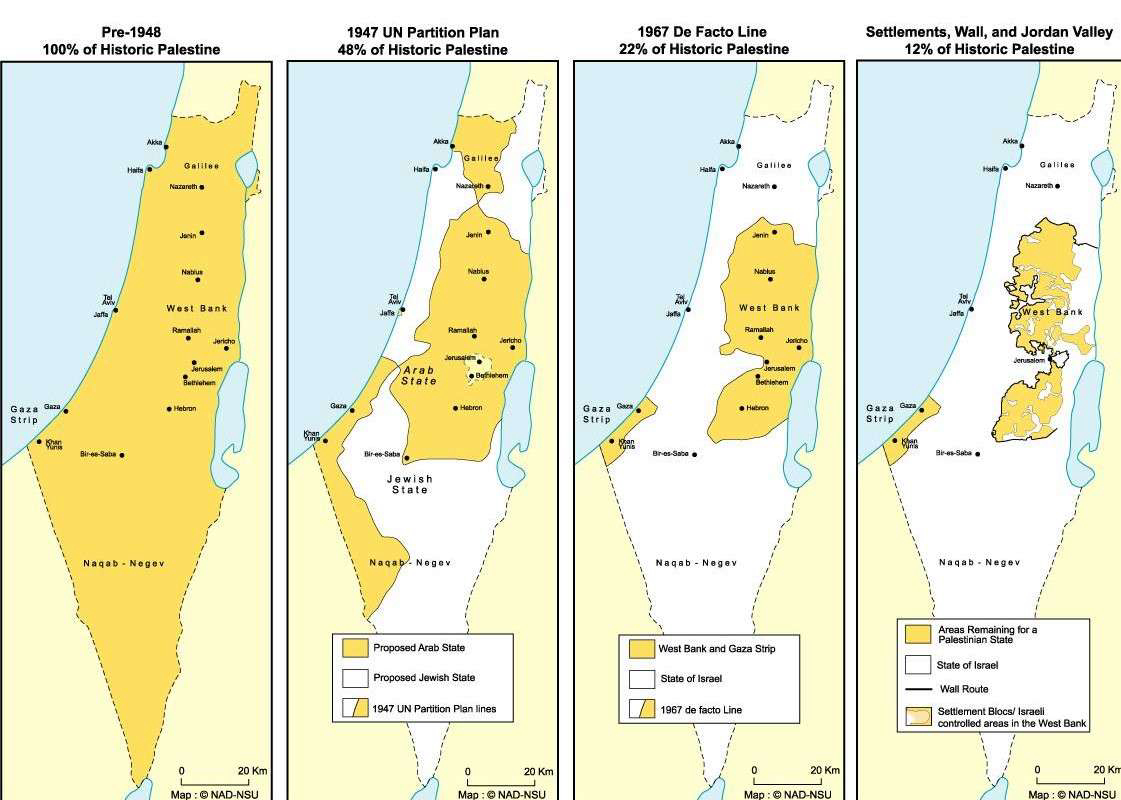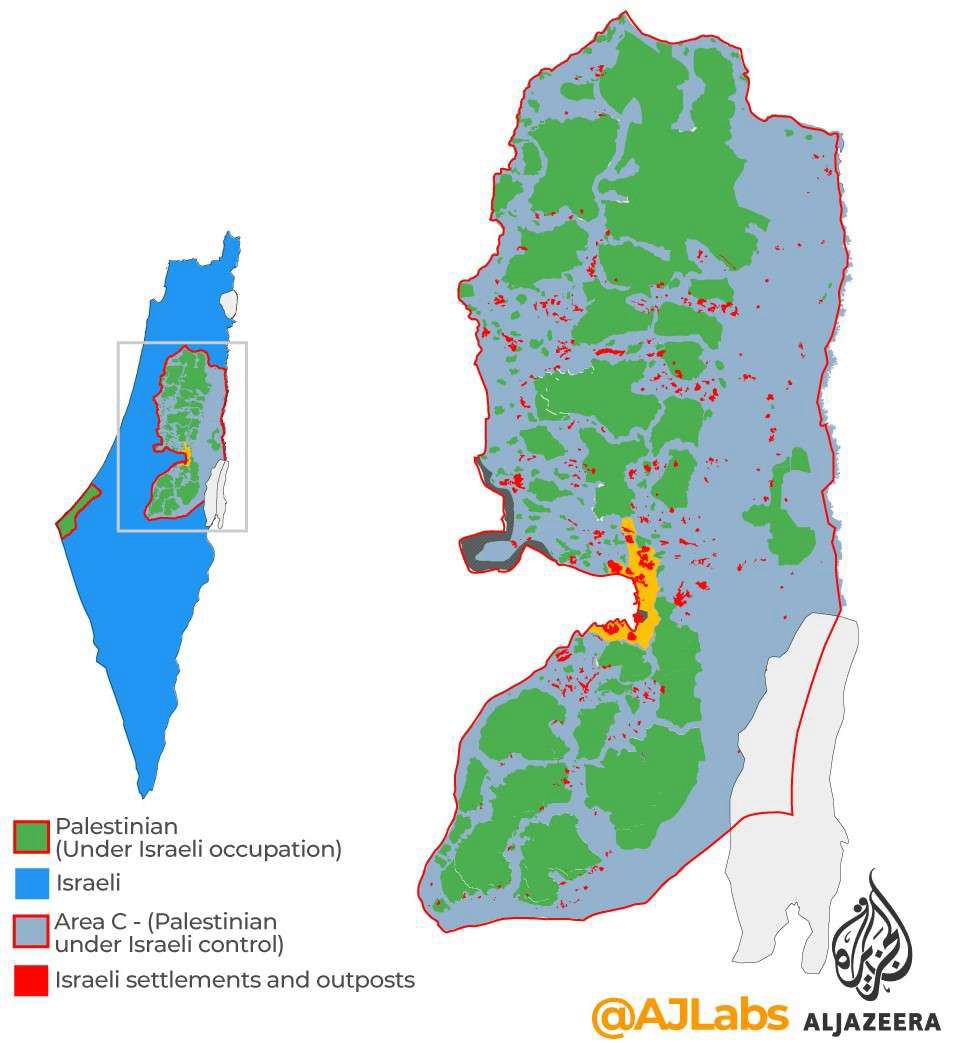
Presently, there is a massive conflict between Israel and Palestine. The clashes between the two nations in the disputed city of Jerusalem have intensified into a larger fight, with Israel striking targets at Palestine. This whole clash is sparked by various old and new strains, and now it threatens to deepen this region’s turmoil. However, the very recent history of the Israel-Palestinian conflict took place in 1948, when Israel was officially established. In May 1948, the land of Israel was officially declared an independent state. This historic event may have appeared to be a victory for the Jewish community in Israel, but it similarly marked the beginning of more violence with the Arabs. And accordingly, it is quite important to understand how Israel was originated on that land.
With an extensive history of conflicts, the tensions between Jews and Arab Muslims have always existed in the regions between Palestine and Israel. The intricate hatred between these two communities dates all the way back to the ancient times when they both inhabited this area and believed it ‘divine’.
Both Jews and Muslims consider the city of Jerusalem in Israel extremely sacred. Jerusalem contains the Temple Mount, which includes the holy sites al-Aqsa Mosque, the Western Wall, the Dome of the Rock, and many other sacred monuments. Both the communities believe in the existence of a completely highest power, either called Brahman or Allah. The citizens of Israel trace their origin to Abraham, who established the belief that there is only one God, the creator of the universe. As per the ancient scriptures, Abraham and his son Yitshak also called Isaac, and grandson Jacob also called Israel was referred to as the patriarchs of the Israelites. These three patriarchs lived in the Land of Cannan, which later became the ‘Land of Israel’. They and their wives were buried in the Ma’arat HaMachpela, the Tomb of the Patriarchs, in Hebron.

The name Israel derives from the name given to Jacob, the grandson of Abraham. His 12 sons were the kernels of 12 tribes that later developed into the Jewish nation. The name Jew derives from Yahuda or Judah, one of the 12 sons of Jacob, who were Reuben, Shimon, Levi, Yehuda, Dan, Naphtali, Gad, Asher, Yisachar, Zevulun, Yosef, and Binyamin. Thus, the names Jewish, Israel, or Israeli refer to the people of the same origin. All the descendants of Abraham crystallized into a nation at about 1300 BCE after their Exodus from Egypt under the leadership of Moses or Moshe in Hebrew.
Soon after the Exodus, Moses transmitted his people of this newly emerging nation the Torah and the Ten Commandments. And after around 40 years in the Sinai Desert of Egypt, Moses led his people to the Land of Israel, which is cited in the Bible as the land promised by God to the descendants of the patriarchs, Abraham, Isaac, and Jacob. Numerous similarities can be found in the concept of the Divine and other religions in the world, but that’s not the problem here. People often misjudge each other’s beliefs, and that generates massive chaos, and that’s what happened in these regions. People of Israel share the same language and culture shaped by the Jewish heritage and religion passed through.
After World War II, the Jewish communities organized religiously focused on creating an independent Jewish state, and this political movement was known as Zionism Movement. As a result, Arabs in Palestine resisted this movement, the nationalist movement also developed in the region. And gradually, the tensions between the two communities increased. Zionists wanted to re-establish a Jewish homeland in Palestine. With time, in 1947, the United Nations approved a plan to partition Palestine into a Jewish and Arab state, but the Arabs rejected it. And ultimately in 1948, Israel officially declared an independent state with David Ben Gurion, the head of the Jewish Agency, as the prime minister.
Numerous nations have pushed for more peace agreements in recent years. Many nations have suggested a two-state solution but concede that Israelis and Palestinians are unlikely to settle on borders. Something which came from the intercommunal violence in Mandatory Palestine between Israelis and Arabs from old times soon erupted into massive hostiles in these regions. And this whole conflict even continues today on various levels by both nations.
_________________________________
Reference:
- www.history.state.gov
- www.history.com
- www.transcend.org
